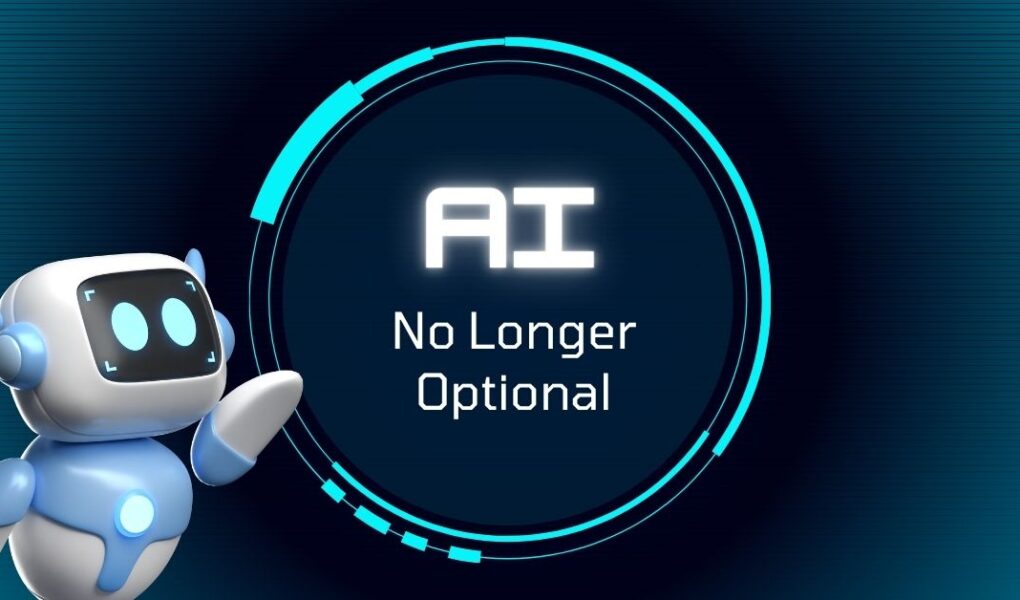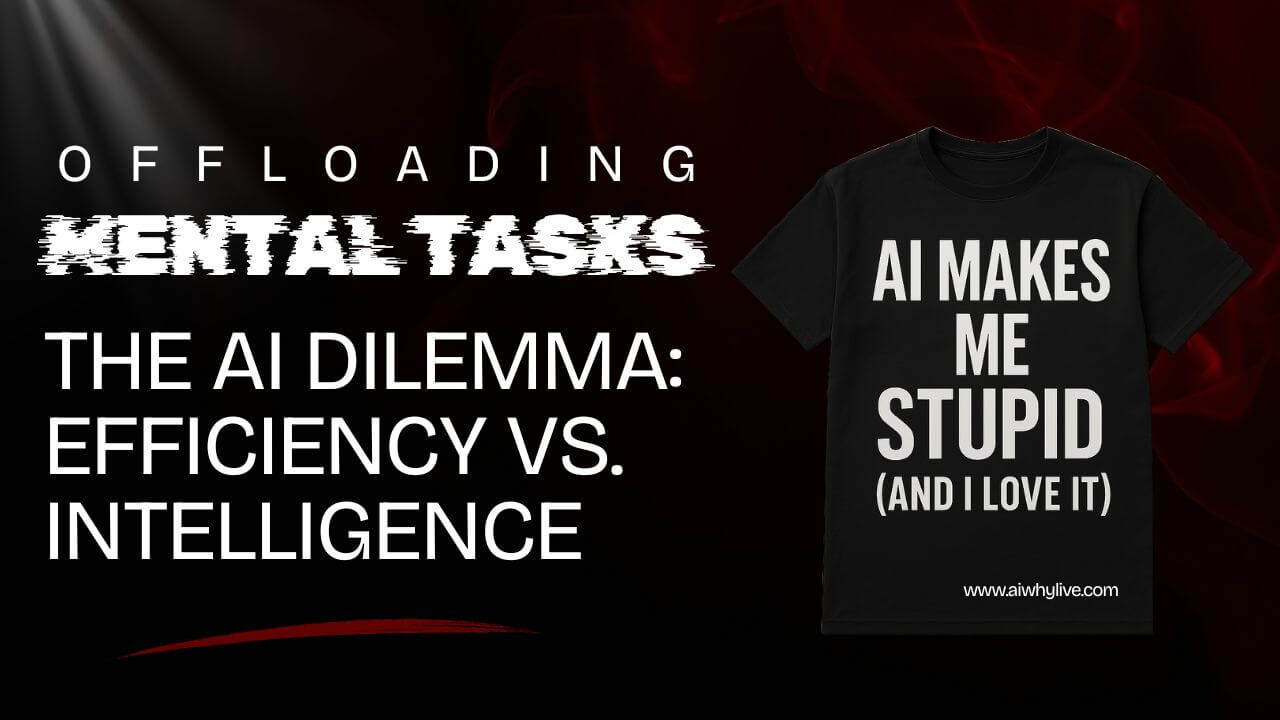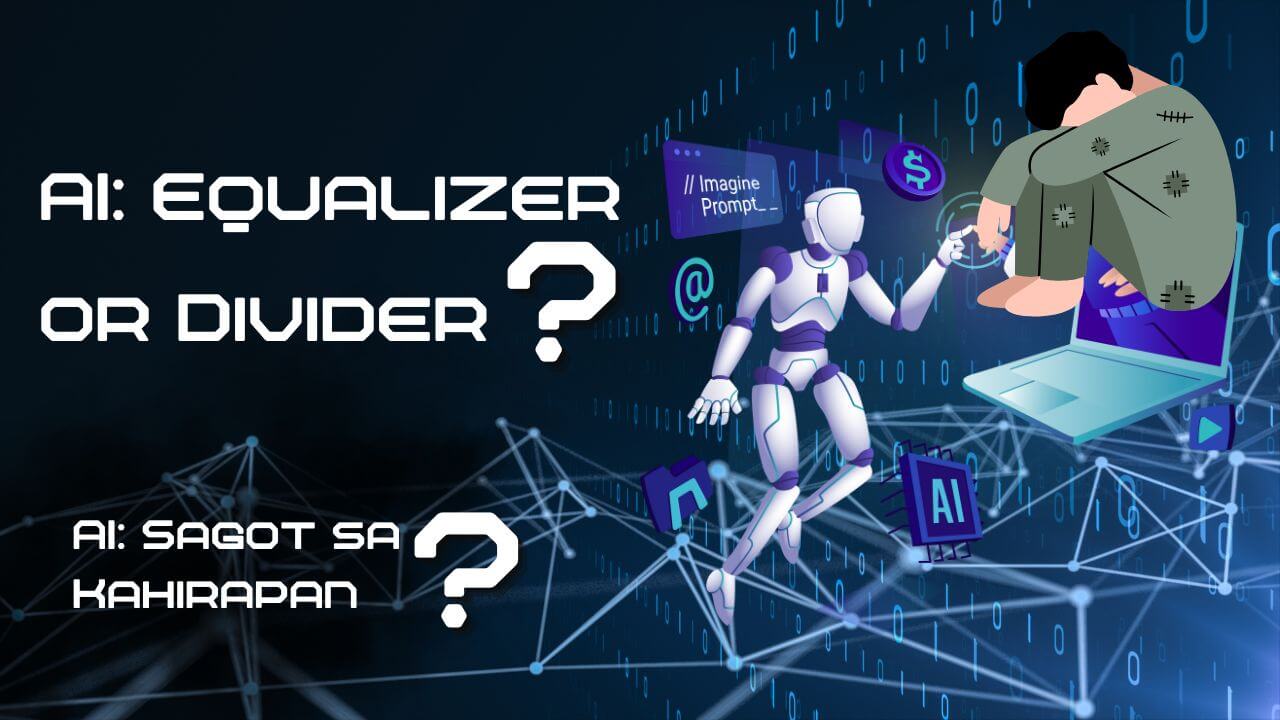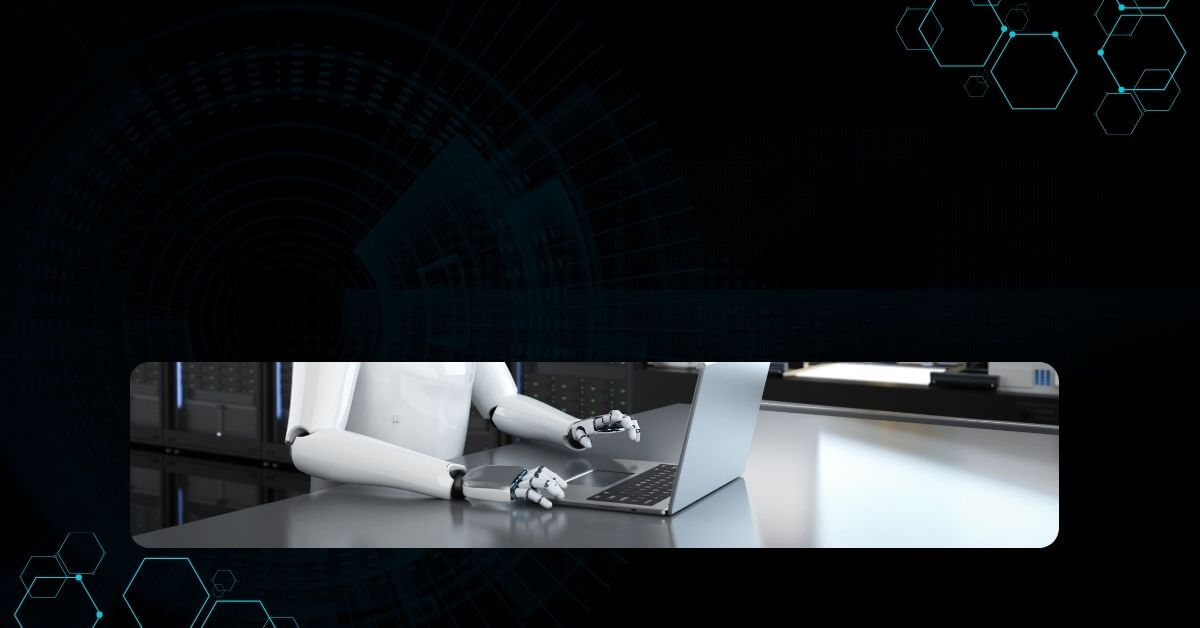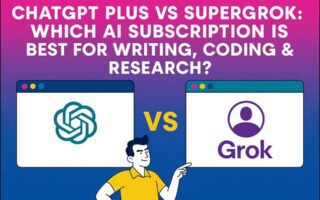Imagine you’re at work. You’re doing your tasks the way you’ve always done them—reliable, careful, maybe even a little overprepared. But now, your boss tells you, “From now on, we expect you to use AI. It’s not extra—it’s required.” That’s not science fiction. That’s Microsoft’s actual memo to its staff.
According to a report from Entrepreneur, Microsoft is officially tracking how employees use AI. If you’re not using it, your performance might suffer. In the words of Microsoft’s own Developer Division President, Julia Liuson, “Using AI is no longer optional—it’s core to every role and every level.”
Let that sink in.
This isn’t a tech trend. This is the new standard.
What Does This Mean for the Rest of Us?
You might say, “That’s just for Microsoft employees.” But here’s the twist: what starts in big tech never stays there. Microsoft builds the tools we all rely on—Word, Excel, Teams, and Windows. If they’re embedding AI into everything, it won’t be long before it shows up in your email, your classroom, and your job description, too.
And here’s what’s happening side-by-side:
- Salesforce says AI now handles 30–50% of work in their company.
- Tech companies are reducing new graduate hiring by 25%. That means fewer entry-level opportunities, because AI is picking up the slack.
- AI-generated outputs are becoming the “first draft” of everything: reports, ads, lesson plans, social media posts.
Sooner or later, someone will ask you: “Why didn’t you use AI for this?” And you’ll need an answer.
For Filipino Workers: AI Is the New Literacy
Whether you work in BPO, marketing, teaching, logistics, or design, AI is becoming part of the job. Not as a replacement, but as an expectation. It’s like the shift from typewriters to computers, from paper memos to email.
If you don’t learn to prompt—if you don’t know how to guide AI to help you think, create, and solve—then you’re no longer “just behind.” You’re unqualified. That’s not a threat; it’s a wake-up call.
The good news? Filipinos are excellent at adaptation. We’re creative, curious, and quick. Give us a tool, and we’ll turn it into a side hustle. But the clock is ticking—and diskarte won’t be enough without know-how.
For Students: AI Is Your Classmate Now
To every student reading this, AI won’t replace your homework. But it’s already your study buddy. Whether it’s summarizing textbooks, explaining algebra, or rehearsing speeches, AI can coach you better than outdated handouts.
But here’s the real skill: learning when to use it, when to question it, and when to think for yourself. We don’t need more people who just click “generate.” We need thinkers who can steer the machine. That’s the future—AI-literate learners, not AI-dependent followers.
So… What’s Next?
Here’s what Microsoft’s memo really tells us: AI isn’t the future anymore. It’s the default.
Your tasks, your schoolwork, your job application—every part of your life will intersect with AI soon, whether you’re ready or not. So don’t wait for permission. Start now. Learn it. Use it. Reflect on it.
Because those who treat AI as an ally—not a shortcut—are the ones who’ll thrive in the next chapter of Filipino innovation.
Sources
Microsoft’s internal AI usage mandate
- Julia Liuson, President of Microsoft’s Developer Division, instructed managers to track employee AI usage and emphasized that “using AI is no longer optional—it’s core to every role and every level.” → Entrepreneur report citing Business Insider
Salesforce CEO Marc Benioff on AI handling 30–50% of work
- Benioff described the shift as a “digital labor revolution,” noting that AI now performs up to half of Salesforce’s internal workload. → CNBC coverage of Benioff’s Bloomberg interview
25% drop in new graduate hiring due to AI
- A report by SignalFire found that big tech companies—including Microsoft, Meta, and Google—reduced hiring of new graduates by 25% from 2023 to 2024, citing AI’s ability to automate entry-level tasks. → Entrepreneur article on AI’s impact on entry-level jobs
